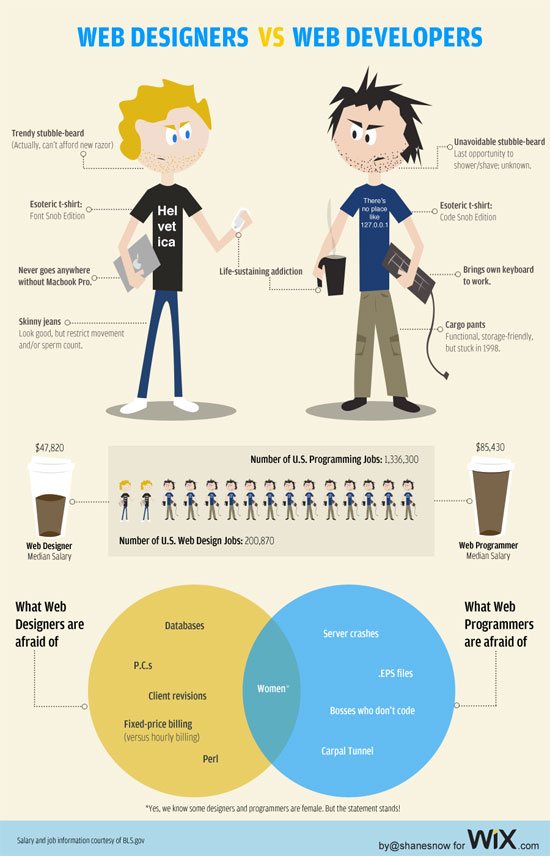Kafka on the shore
Haruki murakami
NXB Văn học
Dương Tường dịch
28-09-2010
by HVNSweeting
hvnbbz@gmail.com
Trang 13
Những sự việc và kỹ thuật hoặc bất cứ điều gì họ dạy cậu trong lớp sẽ chẳng mấy hữu ích trong thế giới thực tại, đó là cái chắc. Ta hãy nhìn thẳng vào sự thật, các thầy cô giáo, về cơ bản, là một lũ ngu đần. Nhưng cậu phải nhớ điều này: cậu đang bỏ nhà đi. Có lẽ cậu sẽ chẳng còn cơ may đi học nữa, cho nên dù muốn hay không , tốt nhất là cứ hấp thu bất cứ điều gì cso thể trong khi cậu có cơ hội. Hãy trở thành giống như tờ giấy thấm và thấm hết vào. Sau này, cậu có thể hình dung ra cái j nên giữ và cái gì nên trút bỏ.
Tôi làm theo như lời nó như trong hầu hết mọi trường hợp. Với bộ óc nhứ miếng bọt biển, tôi tập trung vào từng lời giảng để nó thấm vào trong đầu, hình dung ra ý nghĩa của nó và nhập tất cả vào bộ nhớ. Nhờ vậy, tôi hầu như khôngphải học ngoài giờ, mà bao giờ cũng xếp gần đầu bảng trong mọi kỳ thi.
P52:
Ta tự do rồi, tôi tự nhủ. Tôi nhắm mắt lại và cố suy nghĩ thật sâu, thật kỹ xem mình tự do đến mức nào, nhưng không sao nắm được đầy đủ ý nghĩa của điều đó. Tôi chỉ biết là mình hoàn toàn trơ trọi. Hoàn toàn một mình ở một nơi xa lạ, như một nhà thám hiểm đơn độc vừa mất cả la bàn lẫn bản đồ. Phải chăng tự do có nghĩa là thế? Tôi chẳng biết và tôi bỏ cuộc, thôi không nghĩ về điều đó nữa.
P61:
"Cơ mà lão đã già rồi, chả sống được bao lâu nữa. Cha mẹ chết cả rồi. Dù thông minh hay đần độn, dù biết đọc hay không biết đọc, dù có bóng hay không có bóng, một khi đến cõi thì ai cũng phải về đất thôi. Khi anh chết, người ta thiêu xác anh và bỏ tro vào một nơi gọi là Núi Quạ( Karasuyama). Núi Quạ ở quận Setagaya. Một khi anh bị chôn vào đó, chắc anh chẳng thể nghĩ gì nữa. Và nếu anh khôn nghĩ nữa thì chả còn gì mắc mớ nữa. Cho nên cứ như lão bây giờ chả tốt chán sao? Điều lão có thể làm trong khi còn sống là không bao giờ ra khỏi quận Nakano. Nhưng khi lão chết, lão sẽ phải đến núi Quạ. Đó là điều không thẻ tránh khỏi.”
“Dĩ nhiên, bác nghĩ thế nào là quyền của bác” Otsuka nói và lịa liếm bàn chân. "Tuy nhiên, bác cũng nên chiếu cố đến cái bóng của mình. Nó có thể hơi bị mặc cảm tự ti một chút, voíw tư cách là 1 cái bóng . Nếu tôi là một cái bóng, tôi ắt không muốn chỉ la fmoojt nửa của chính mình.”
P65.
Sakura:
“... bấy giờ mình mới nảy ra ý nghĩ là phải học một nghề gì đó, để rồi đây dù đi đến đâu cũng có thể kiếm được việc làm. Thế là mình bỏ trường trung học, chuyển sang một trường học nghề và trở thành thợ uốn tóc.” Cô nhếch mép, khẽ mỉm cười. "Cậu có thấy đó là một cách lành mạnh để tiếp cận sự đời không?”
P122
Tôi gật đầu.. “Em không biết gì về loại ấy, nhưng có thể anh nói đúng. Trong truyện, Sanshiro lớn lên, gặp những trở ngại, suy ngẫm sự đời, vượt qua khó khăn, phải không? Nhưng nhân vật chính trong người thợ mỏ thì khác. Anh ta chỉ nhìn sự việc xảy đến và chấp nhận tất. Thật ra , đôi khi anh ta cũng đưa ra ý kiến riêng, nhưng chẳng có gì sâu sắc lắm. Đằng này, anh ta chỉ nghiền ngẫm về cuộc tình của mình. Anh ta ra khỏi mỏ cũng gần giống như khi anh ta vào trong đó. Anh ta không hề ý thức rằng đo slà điều mà bản thân anh ta đã quyết định làm hoặc rằng anh ta đã có thể lựa chọn. Có vẻ như anh ta hoàn toàn bị động. Nhưng em nghĩ trong cuộc đời thực, người ta cũng thế. Không dễ gì để tự mình lựa chọn.”
“Cậu thấy mình giông giống nhân vật chính trong Người thợ mỏ không?”
Tôi lắc đầu. "Không, em không bao giờ nghĩ thế”
"Nhưng ngưoìw ta cần bấu víu vào một cái gì chứ” Oshima nói . "họ cần phải vậy để tồn tại. Cậu cũng làm thế mặc dù cậu không nhận ra. Như Goethe đã nói : tất thảy đều là ẩn dụ”















































